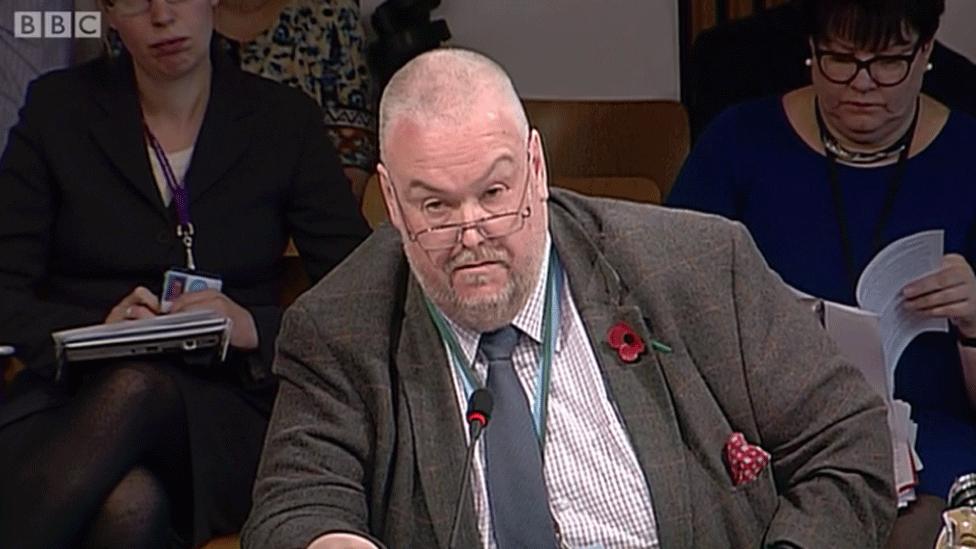BMA: Scotland's NHS is stretched to 'breaking point'
- Published
Peter Bennie says the NHS needs significant investment - or an honest debate about what services can be provided
The health service in Scotland is "stretched pretty much to breaking point", according to a doctors' leader.
Peter Bennie, the chairman of the British Medical Association (BMA) in Scotland, warned that staff shortages could lead to "system breakdown".
Mr Bennie called for a major increase in funding or an "honest debate" about what services the NHS could offer.
The Scottish government said it recognised that it must "up the pace of change" in the health service.
Mr Bennie was asked about the current state of the NHS during an interview on the BBC's Sunday Politics Scotland.
He said: "We are stretched pretty much to breaking point just trying to keep things going.
"If you take the situation with consultant vacancies, we have consultants' posts vacant for over six months that are advertised that can't be filled.
"And basically what happens with that is that all the other staff, consultants and other doctors and nurses, are taking on more work to try to keep things going.
"This majority of staff in the health service are working way beyond what they're supposed to be doing just to keep things running and eventually that leads to personal breakdown and eventually it leads to system breakdown."
Mr Bennie said UK government austerity combined with rising demands due to greater numbers of elderly patients had put severe pressure on budgets.
He said it was not enough for politicians to say that more staff are now employed in the health service, because the numbers fall far short of what is required.
He added: "It means that the system can't do what it has to do - that we can't actually look after patients in a safe way,
"Now we're not at that point just now but it's moving towards that."
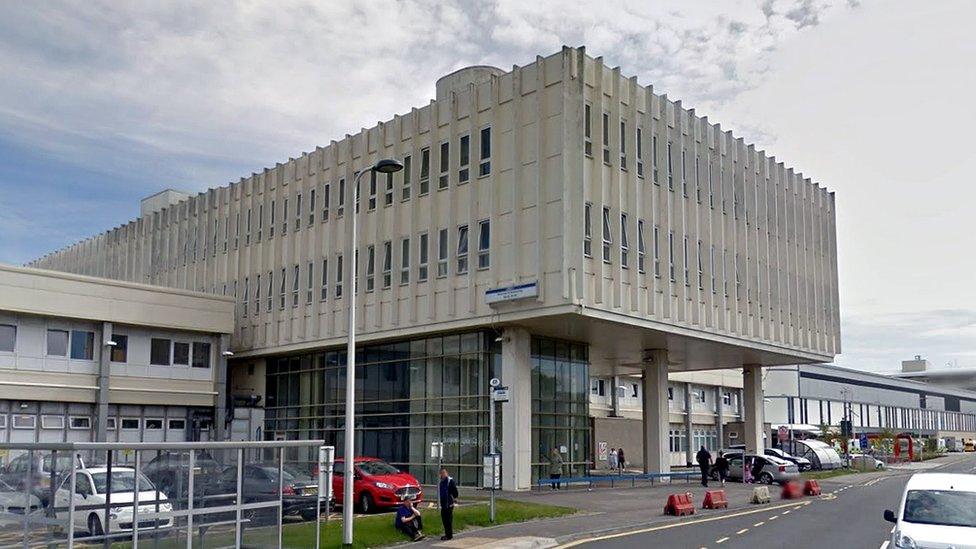
NHS Greater Glasgow and Clyde recently apologised after overcrowding at a Glasgow maternity unit meant expectant mothers had to go elsewhere
His comments came after a week in which a Glasgow maternity hospital was unable to admit expectant mothers due to overcrowding.
NHS Greater and Glasgow and Clyde apologised, blaming a higher than normal number of admissions at the Queen Elizabeth University Hospital for the problem. The woman were admitted to other hospitals.
In the same week the First Minister Nicola Sturgeon confirmed that plans for a network of trauma centres had been delayed.
Concerns have also been raised about missed waiting times targets for accident and emergency departments and for cancer treatments.
Mr Bennie added that staff are "fed up" with the government's "mantra" that there are more doctors than ever before - as there are still not enough.
"We need to move away from the impression that things are ok", he said. "Because they're not".
An increase in funding of at least 4% was needed "just to stand still", he added.
'Struggling to cope'
He said: "If there isn't substantially more money, then we want all politicians to open up an honest debate with the public about what the health service is going to be doing because it can't keep doing everything that it's trying to do just now.
"We simply don't have the resources in terms of people and money to do that. "
"The first step is to move away from the impression that government tries to give that things are ok just now because they're not.
Extra staffing
Health Secretary Shona Robison said: "We recognise that change is needed and last month published the Health and Social Care delivery plan to set out the actions and timescales to support healthcare professionals, charities and patient groups.
"It recognises that we must up the pace of change if we're to deliver modern, sustainable health services and that local health boards and integration partnerships have an important role to play in taking this forward over the next year and beyond.
"By the end of this parliament we'll have increased health funding by almost £2 billion and delivery of the plan will be supported by record levels of investment in our health and care services - with extra resources for the NHS and for social care - plus dedicated funding of over £125 million in the coming year to help deliver change on the ground.
She added that 1,000 new staff have been recruited in the last year, consultant numbers were at a record high, and nursing and midwifery staff have increased by 4.2% since September 2006.
"These extra staff will ensure people all across Scotland get the high-quality NHS services that they rightly expect," she said.
Scottish Labour's health spokesman Anas Sarwar said Mr Bennie's warning was "incredibly serious".
He added: "It is painfully clear that the SNP's failure to properly workforce plan has left our NHS staff over-worked, under-valued and under-resourced. This has left our NHS struggling to cope with demand, and in the grip of a workforce crisis.
"A decade of SNP mismanagement has increased pressure on staff in every part of our health service - from nurses who say their workload is getting worse, to GPs who say their surgeries are understaffed."
- Published13 January 2017
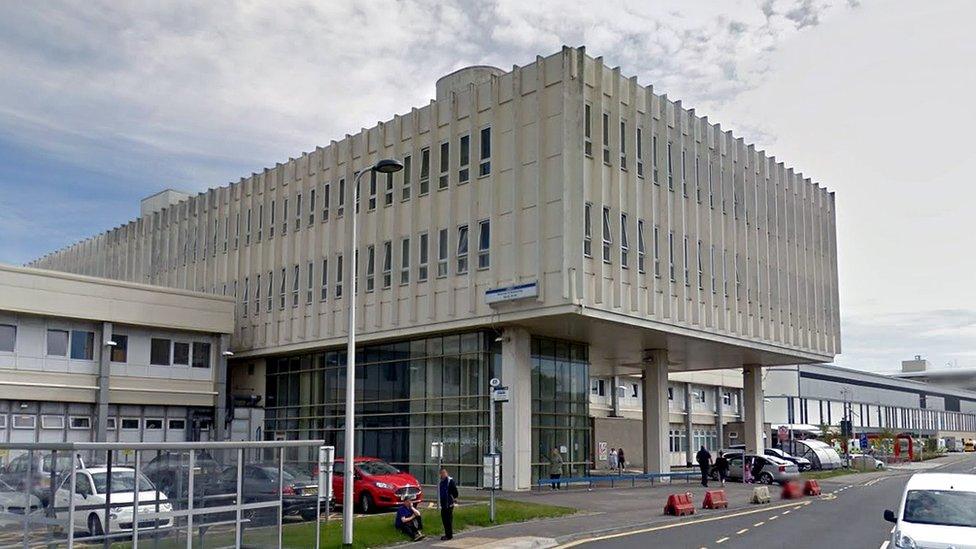
- Published12 January 2017
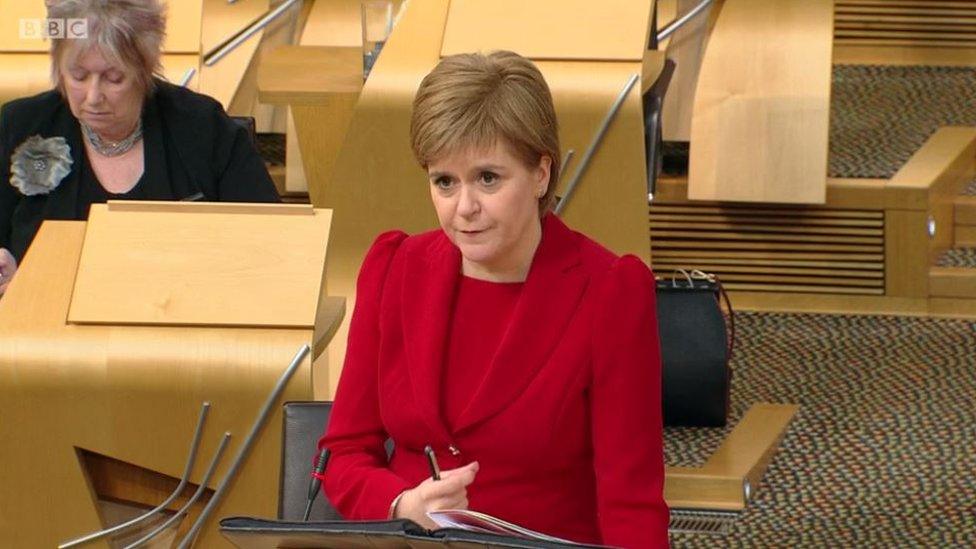
- Published20 December 2016
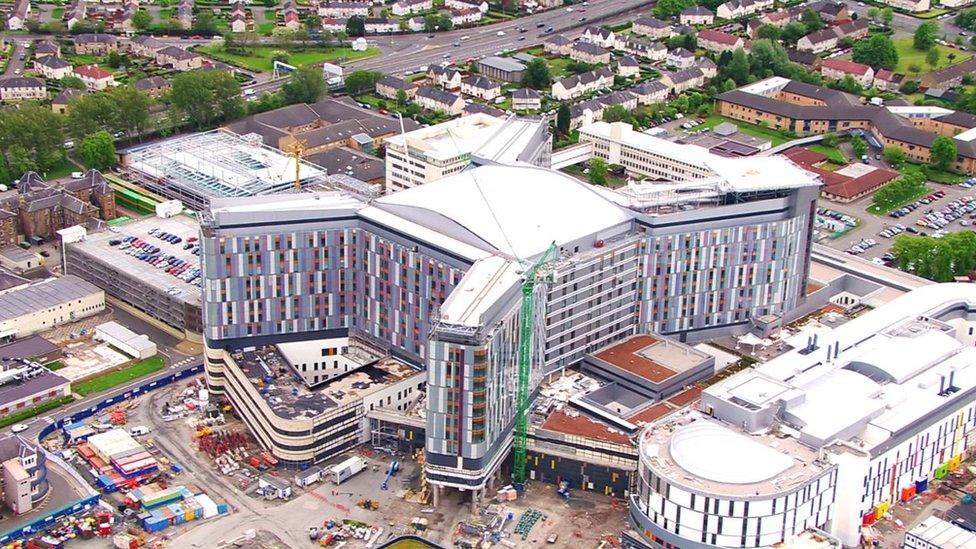
- Published15 December 2015
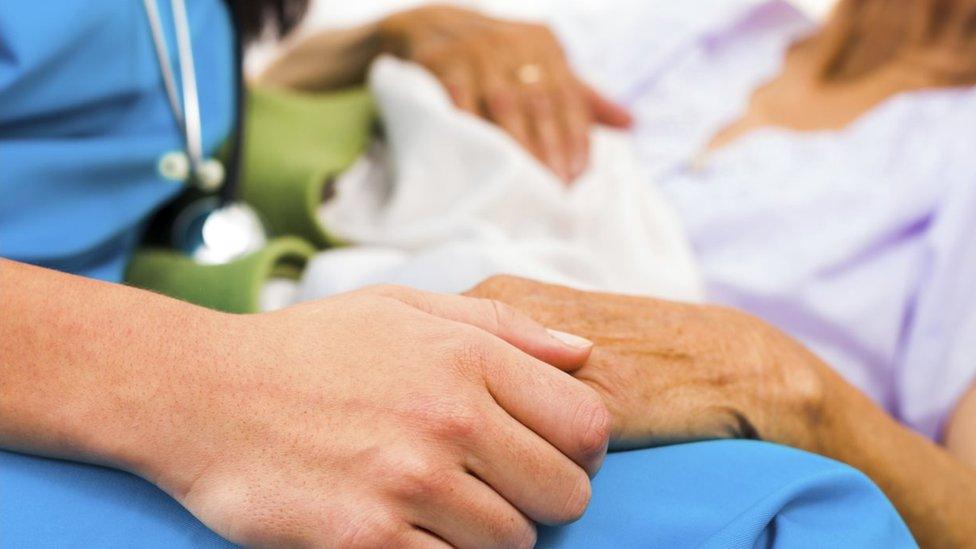
- Published8 November 2016
